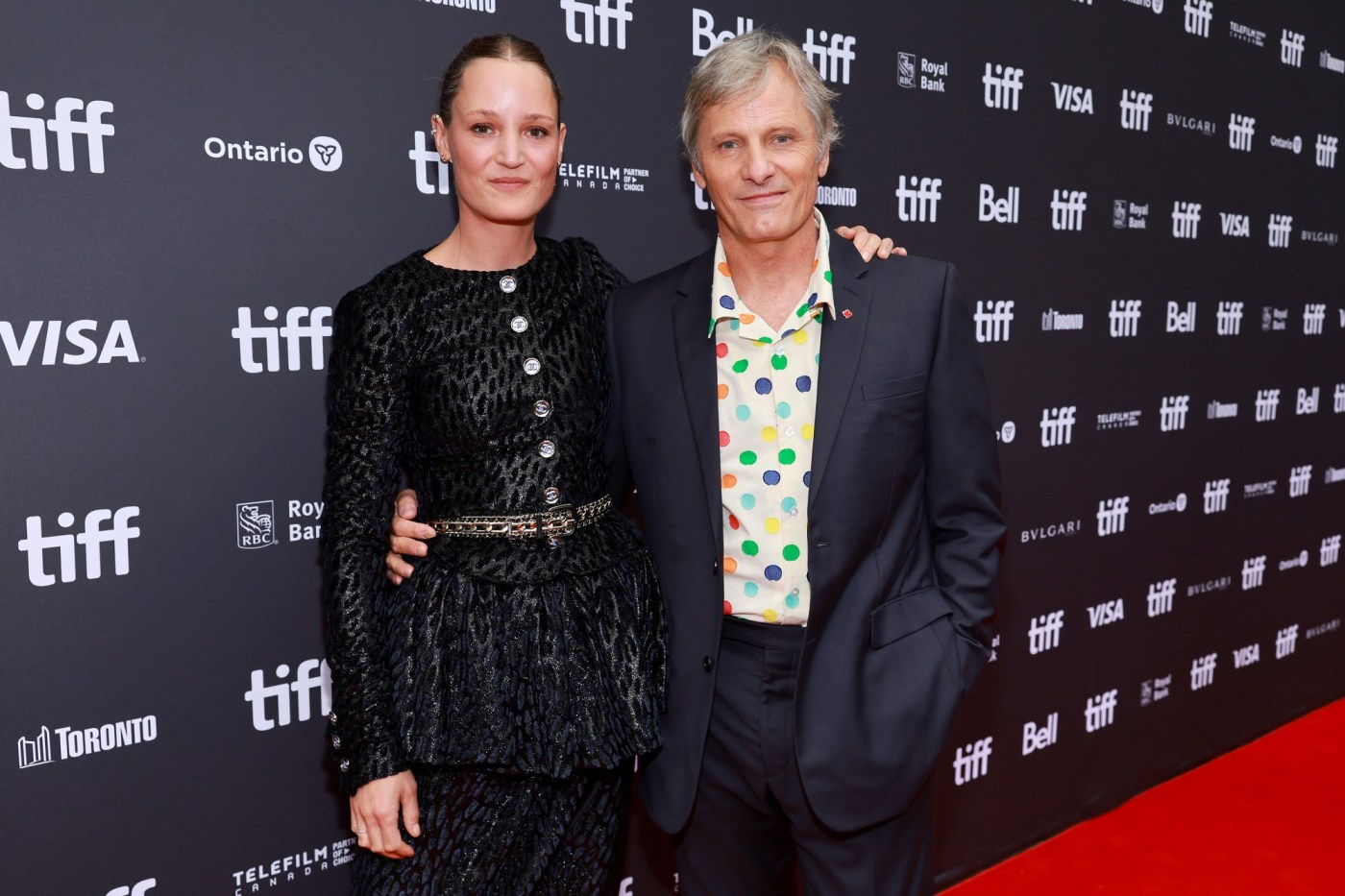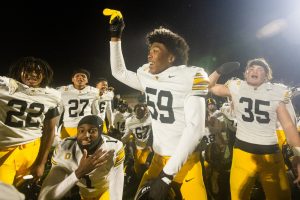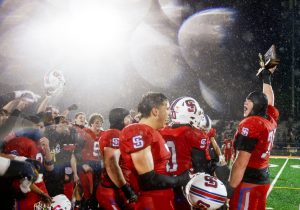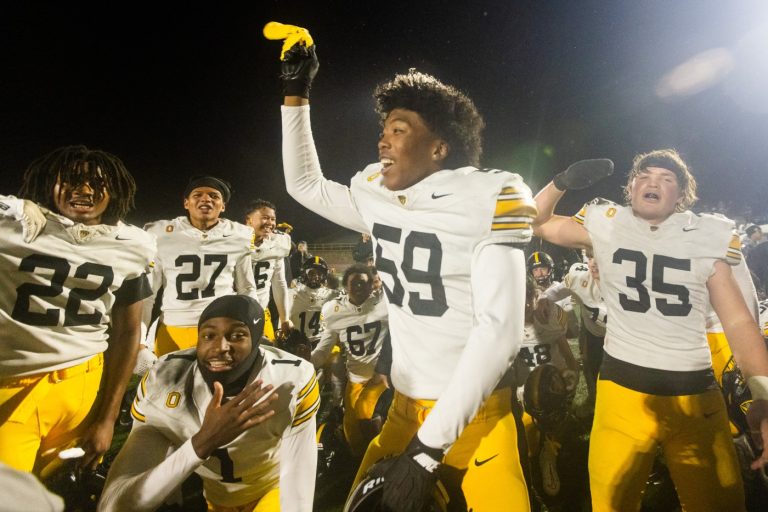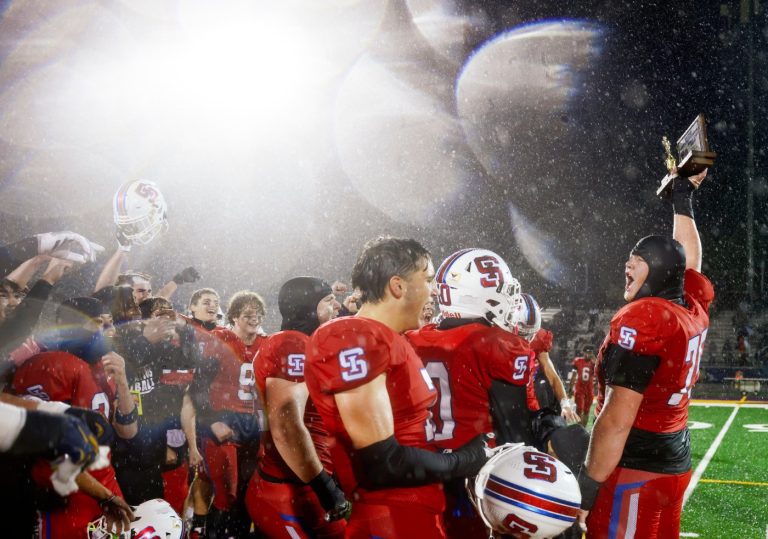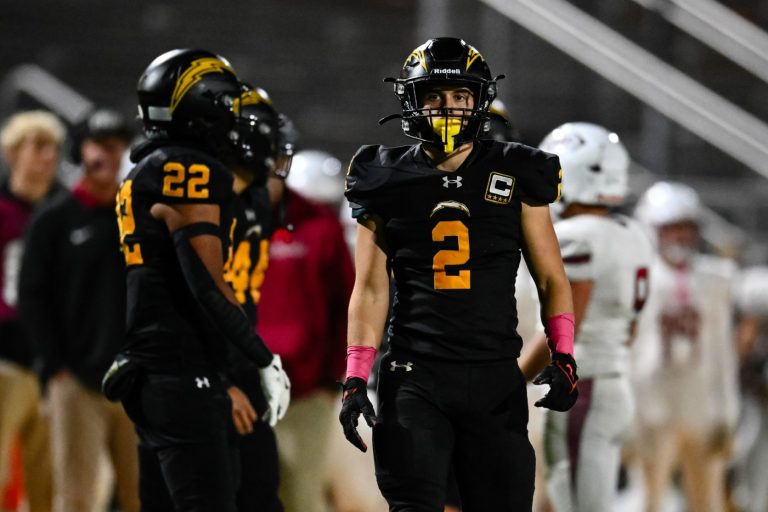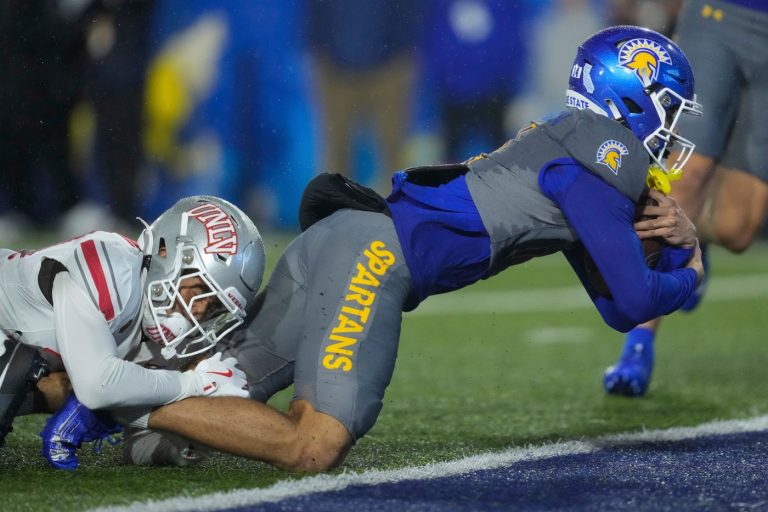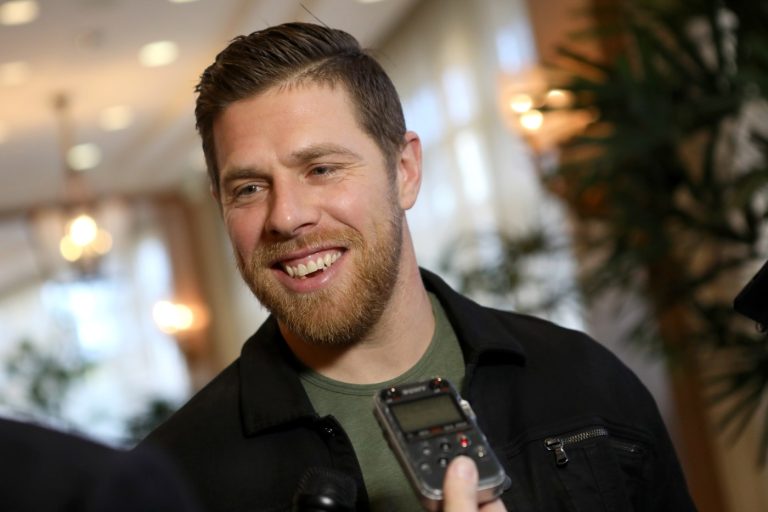The opening scenes of Viggo Mortensen’s “The Dead Don’t Hurt” are vintage Hollywood Western – there’s a killing in a Nevada bar, a lawman shot down on a dusty street and a trial in which the rich and powerful protect the guilty and railroad an innocent man, which culminates in his hanging. The sheriff, Holger Olsen (Mortensen), who has just buried his beloved wife, is disgusted by what happens and turns in his badge, taking his son and riding off.
While Mortensen wrote and directed this as a Western – there are languid shots of gorgeous scenery and another classic confrontation near the climax – after those early scenes, it subverts the genre, operating more as a tragic love story and a character study. The protagonist is not Olsen but his wife, Vivienne (a captivating Vicky Krieps), as the movie travels back to tell the story of their relationship (along with flashbacks to her childhood). When Olsen insists on leaving her to fight for the Union in the Civil War, the film stays with this clear-eyed and independent woman at their homestead as she suffers her own war wound and struggles to make a life in turbulent surroundings.
Defying expectations is, ironically, par for the course for Mortensen. While he launched to stardom in the “Lord of the Rings” films and has earned three Oscar nominations, many of his subsequent films (“A History of Violence,” “Eastern Promises,” “The Road,” “Captain Fantastic”) were far smaller and riskier. The first film he wrote and directed most definitely falls into that category: “Falling” was about a gay man trying to care for his independent, stubborn and homophobic father as he declines from dementia.
And then there’s his life away from movies: Mortensen is a painter, photographer, poet, and musician (he wrote the score for both of his movies). He also founded Percival Press to publish books of art and poetry that might not find a home in the more commercial marketplace.
Mortensen recently discussed the inspirations for and shooting of “The Dead Don’t Hurt” by video; his enthusiasm for the project was palpable as he shot past our allotted time and after the press team urged him to move on to the next interview he decided to stick around for one last question. This interview has been edited for length and clarity.
Q. “Falling” was personal for you in terms of parent-child bonds and being a caretaker for someone with Alzheimer’s. With this one you’ve said you started with an image of your mom as a girl in the woods, playing out the stories she later told you. That’s the launching point for this story; where did the rest come from?
I wrote it in 2020 during the lockdown and maybe that’s why I was thinking about open spaces and being able to move freely. And yes, it was based on her as this strong-willed, independent little girl with lots of imagination. My mother became a woman who was that way, but I thought it would be interesting to put her in a time and place dominated by a few unscrupulous men who weren’t averse to using violence – was a bigger challenge for her character.
My mother also introduced me to the movies. All her life we would go to the movies and she always talked about story, so I wanted to explore male-female relationships but also what happens to girls and women when the men go out to fight their wars. Usually, the film goes with those guys and maybe you get a glimpse of the woman once in a while. Having an ordinary woman, with courage and decency, be the main character made it more unusual.
Q. Did you see this as a Western or was that just a framework for your character study and love story?
I wanted to make a classic Western visually and in terms of attention to detail. I didn’t think, ‘Oh, I’ll put this woman in that period and use the Western as a springboard.’ I thought, ‘Let’s just put her in a Western. The Western has been stretched in all kinds of directions. I’m making the kind of movie I want to see.
And I’m aware that once someone else sees it, it becomes their movie – they see it from a different perspective. I like the handing over, I’m not afraid of it. Now, I want to ask you, how do you think Western fans will see this movie?
Q. I think those opening scenes will draw people in, but I wonder about people who come in with expectations of a Viggo Mortensen Western, whether they’ll expect you to be Aragorn as a sheriff.
I think if something is attractive to an audience in the first 20 minutes, they’ll hang in there. So it might be a challenge for those average guys going to see a Western but they might not dislike it.
Q. The advantage you have is that Vicky Krieps is so fantastic and her character is so distinctive that maybe it will appeal to people who don’t just want a Western.
I hope so. I’ve done Q&As in Europe and Mexico so far, and people have said, “I don’t like Westerns, but I like this movie.”
Between 1910 and 1960, there were probably over 7,000 Westerns made. Maybe 1 or 2% were really good movies. But that’s true in any genre. And there are some really profound ones, original films that weren’t just regurgitating the same storylines and superficial mythology of the West and the foundation of the country. The ones that are good are on a level of poetry, as profound as anything that human beings have come up with in terms of stories.
Q. How relevant were you trying to make this? It’s a character study but there are issues of class, corruption, injustice, race, xenophobia and misogyny that resonate today.
I don’t start writing the movie or even edit it from a conceptual standpoint or ideological one. But everything that I’m living and taking in from the news today and since I was a kid and all the movies I’ve seen come into play. This is the story I’m telling with the tools I have in my head and my psychology.
There were things I thought of as I was writing it, comparing it to what’s going on these days. But any story about human beings, whether set in the Stone Age or the future, if it’s well written and acted you’ll draw parallels to your family or community or country. I think it’s inevitable.
At the Q&As, people do comment on present society and politics and I see that those connections can be made, but people won’t even go to the trouble to make connections if they’re not interested in the story.
Related Articles
Richard Dreyfuss reportedly targets women, LGBTQ community at ‘Jaws’ event
Review: ‘The Beach Boys’ is a sentimental documentary that downplays the band’s squabbles
Movie review: Action-packed ‘The Garfield Movie’ bridges generation gap
‘Furiosa,’ ‘Garfield’ lead slowest Memorial Day box office in decades
Sean Baker’s ‘Anora’ wins Palme d’Or, the Cannes Film Festival’s top honor
